
Running out of hot water too quickly or hearing strange noises when you call for hot water? Use this water heater repair cost guide to see what a fix will cost.
Uncover the cause of the noise once and for all


Most water heater repairs should be handled by a licensed technician.
Sediment buildup is one of the biggest causes of a noisy water heater.
If you notice water outside your water heater, shut off the power and contact a pro.
Inspect your water heater for loose valves and tighten them for a quick DIY fix.
Trying to fall asleep as your water heater bangs and clanks after a relaxing bath can turn a relaxing evening into a stressful one. Fortunately, uncovering why your hot water heater is making a noise can help you discover how to fix the issue. So, put on your detective hat and get ready to find out the most common reasons for a noisy water heater—and what you can do about it.
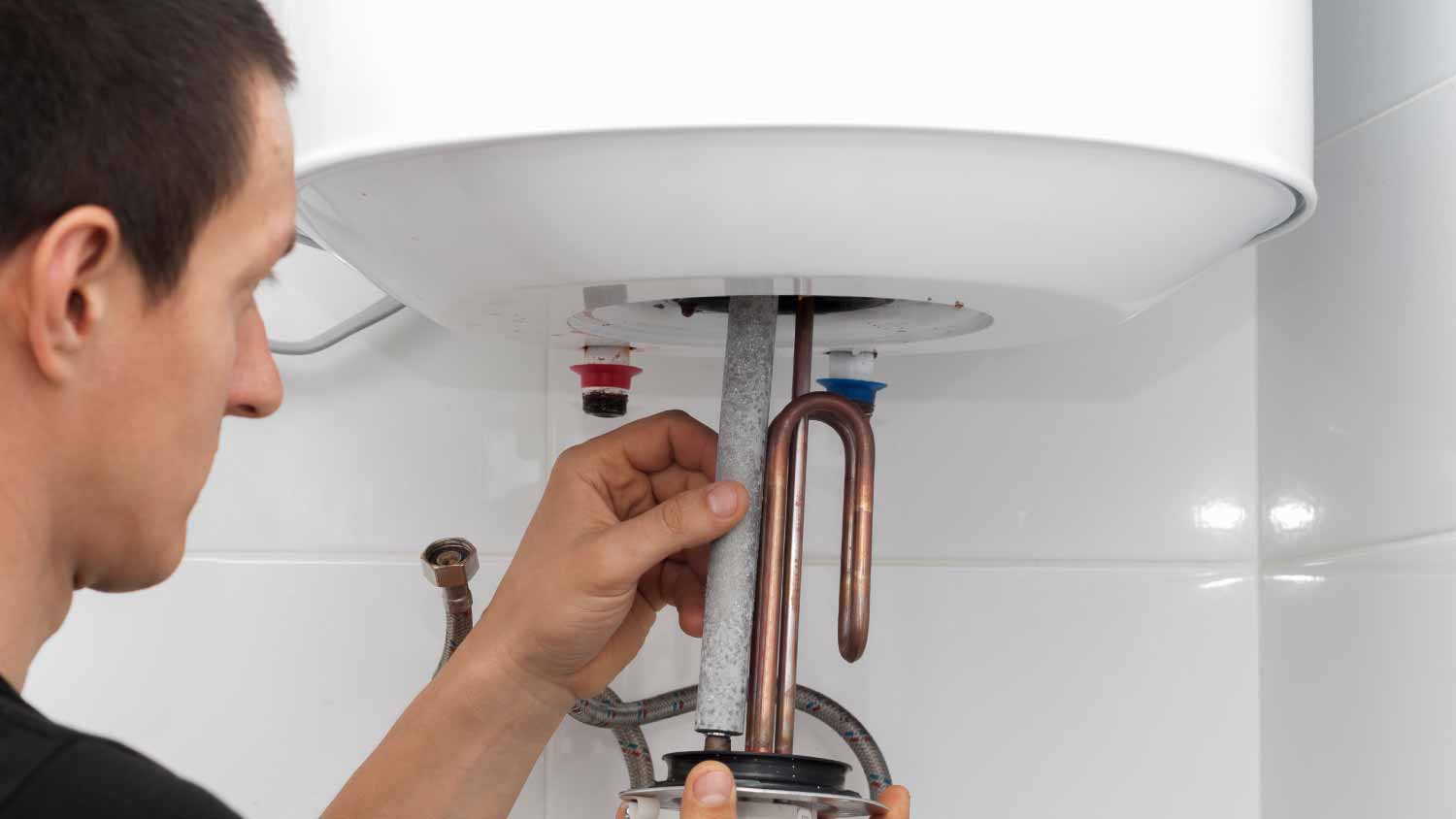
A constant banging sound emanating from your water heater is sometimes referred to as a water hammer. If it sounds like someone is angrily pounding away at a metal door, then there may be too much pressure in your water heater when the water shuts off or moves in a different direction.
Another reason you could hear a banging sound coming from your water heater is a buildup of sediment reacting with its heating element.
Different components of your water heater can cause constant banging sounds. If you have too much sediment in your water heater tank, then you can easily solve this problem by draining the water heater tank to remove the sediment. You might also want to replace the anode rod, which captures mineral deposits and sediment. This rod has a lifespan of around three to five years and should be checked routinely to ensure it’s still doing its job.
Banging sounds caused by too much pressure in the water tank may be resolved by adjusting the pressure-reducing valve. If neither of these solutions works, you may need to contact a technician to investigate the issue more closely and ensure that there isn't enough pressure to bust your pipes.
If your water heater exhibits a high-pitched noise or sounds like a whistling kettle, the problem could be air or water pressure forcing its way through a small space and exiting the tank.
Loose pressure-releasing valves and inlet or outlet valves are often to blame for this issue. You can usually use a wrench to tighten these valves yourself to see if this solves your problem.
It's not popcorn in the microwave when it's coming from your water heater closet. Instead, popping noises coming from a water heater usually indicate there is a good amount of sediment built up inside the tank.
Removing sediment typically involves draining and flushing your water heater, replacing the anode rod, or even soaking a gallon of vinegar inside your freshly-drained unit. Homes with very hard water may also benefit from installing a water purification system to filter out hard minerals. The cost to flush a water heater falls between $75 and $250, with tank water heaters costing the least and tankless water heaters costing the most.
Subtle crackling, sizzling, or hissing sounds are more commonly heard in electric water heaters. When your electric water heater’s heating element contains too much sediment, this can obstruct the elements and cause the unit to make these sounds. If you have a gas instead of an electric water heater, these sounds could be from moisture or water on the outside of your water heater.
Don't take your chances with this issue. Water and electricity are a dangerous combination and should be handled by a licensed plumber or electrician. However, if you do see a pool of water outside of your water heater, then you should shut off the circuit breaker while you wait for your technician to arrive.
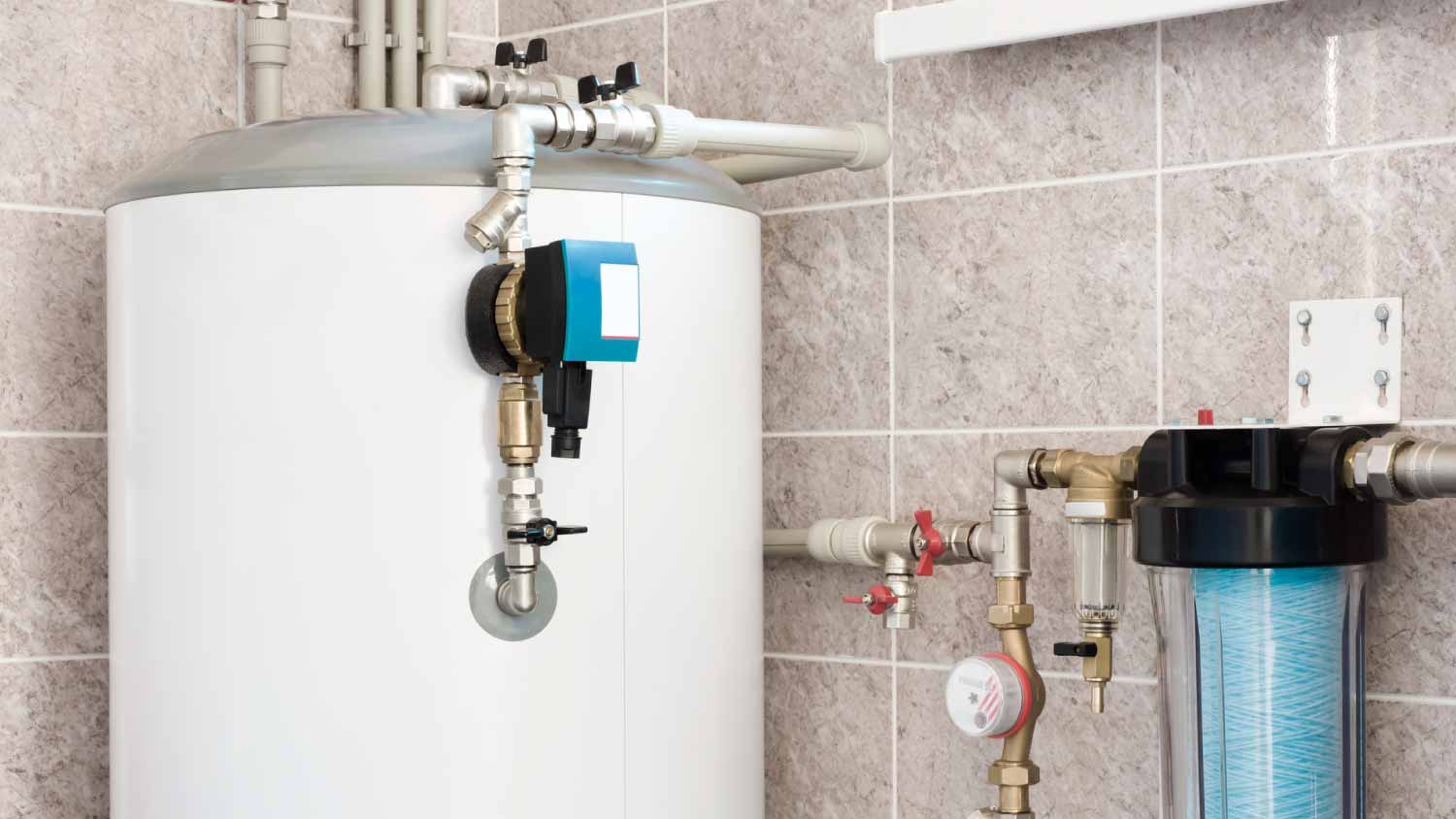
A ticking sound may make you worry that your water heater is about to explode. Thankfully, this ticking sound is likely caused by the water pressure in your tank. If the pressure changes quickly, you may hear your water heater tick away as it adjusts to the sudden shift in pressure.
Several steps can be taken to prevent major changes in water pressure and your water heater. Start by trying to adjust the pressure-reducing valve—if you know which way to adjust it. As a preventative measure, you can install insulation on the outside of your water heater to reduce sudden changes in water pressure. If you feel more confident working with a pro, you can also contact a technician to further assess the problem and recommend solutions.
A humming or vibrating sound means your water heater unit could have loose fixtures, valves, or a heating element.
Tackle the easiest solution first by tightening loose fixtures and valves. A loose heating element is a more complex repair best left to a water heater technician. Your technician may even recommend that it's time to replace your water heater entirely rather than attempt to fix an old unit that has reached the end of the average water heater lifespan.
The sound of running water and your water heater is not necessarily a cause for concern. After all, your water heater does have water running through it as it fills up after use, depending on the type of water heater. However, the sound of running water can be a sign of an issue with your water heater—especially if you notice high-than-average water bills.
If there is a leak in the water heater or the pipes connecting to it, then you'll need to take action. Visually inspect your water heater for signs of a leak. This could be a pool of water around your water heater or excessive amounts of water around the pipes. Since water around the outside of a water heater is a safety hazard, it’s best to hire a pro to repair your water heater, surrounding pipes, or valves.
A rumbling noise coming from your water heater can be disconcerting. The good news is that the situation isn't as bad as it sounds. However, action is necessary sooner rather than later to avoid pressure buildup and possible leaks. Rumbling noises are the result of sediment buildup at the bottom of the tank. The buildup allows water to boil through the sediment, which generates some strange noises. The fix is relatively simple.
Draining and flushing your water heater will get rid of most rumbling noise situations. However, when performing the task, it's also a good time to take some extra steps, such as replacing the anode rod and checking or replacing the dip tube. It's not uncommon that the dip tube experiences damage or clogging when extreme sediment buildup is present. If the rumbling problem is a recurring one, consider installing a water softener or water filter to reduce the hardness of your home's water.
When to call a professional for your water heater noises depends somewhat on your DIY skills and comfort level. However, because working on your water heater involves managing water pressure, electrical, gas, and high pressure, it's always a good idea to involve a pro. Doing so keeps you safe, ensures the work meets code, and avoids potentially costly errors.
Unless you're simply adjusting valves, draining your water heater, or replacing the anode rod, fixing a noisy water heater is a job for a licensed water heater contractor near you. Some problems with a noisy water heater could be signs of an electrical issue or an impending explosion. If you detect any water around your water heater unit or have concerns about the intensity of the sounds emanating from the unit, do not hesitate to contact a pro.
When choosing a water heater professional, be sure to get answers to the following questions.
Are you licensed and insured?
What is the estimated cost?
How do you handle projects that end up costing more than the quote?
What kind of prep work do I need to do before you arrive on-site?
How long will it take to inspect and repair my water heater?
What is the payment plan for your services?
How do you handle disputes?
From average costs to expert advice, get all the answers you need to get your job done.

Running out of hot water too quickly or hearing strange noises when you call for hot water? Use this water heater repair cost guide to see what a fix will cost.

Find out the average tankless water heater repair cost, what impacts pricing, and how to save. Get expert tips to plan your repair budget with confidence.
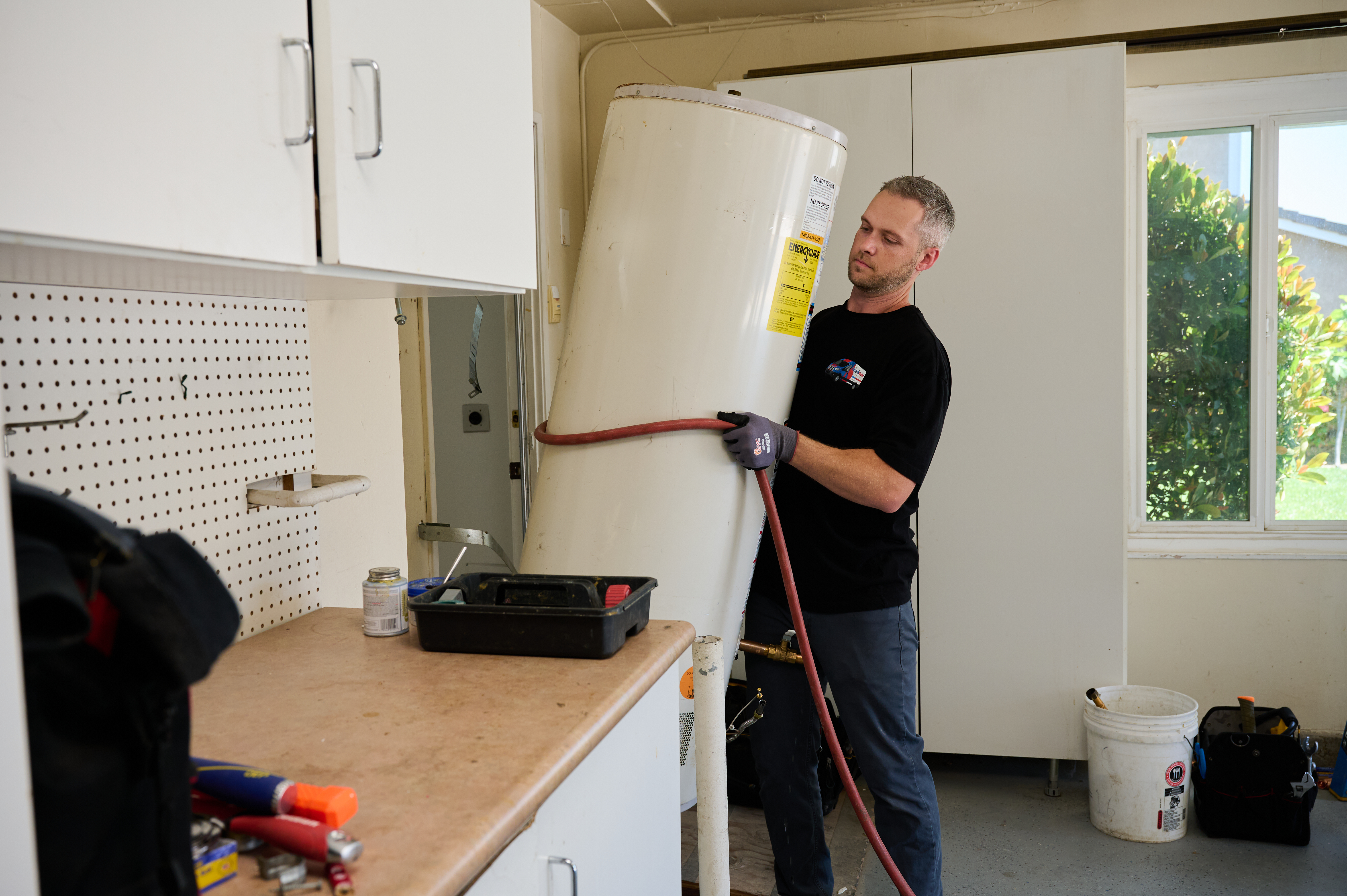
Looking to replace or upgrade your water heater? Use this water heater replacement cost guide to see what the work will cost and what factors affect your total.

Hot water expansion tanks help protect your home by preventing an overflow of your water tank. Learn why you may need one, how much they cost, and their benefits.
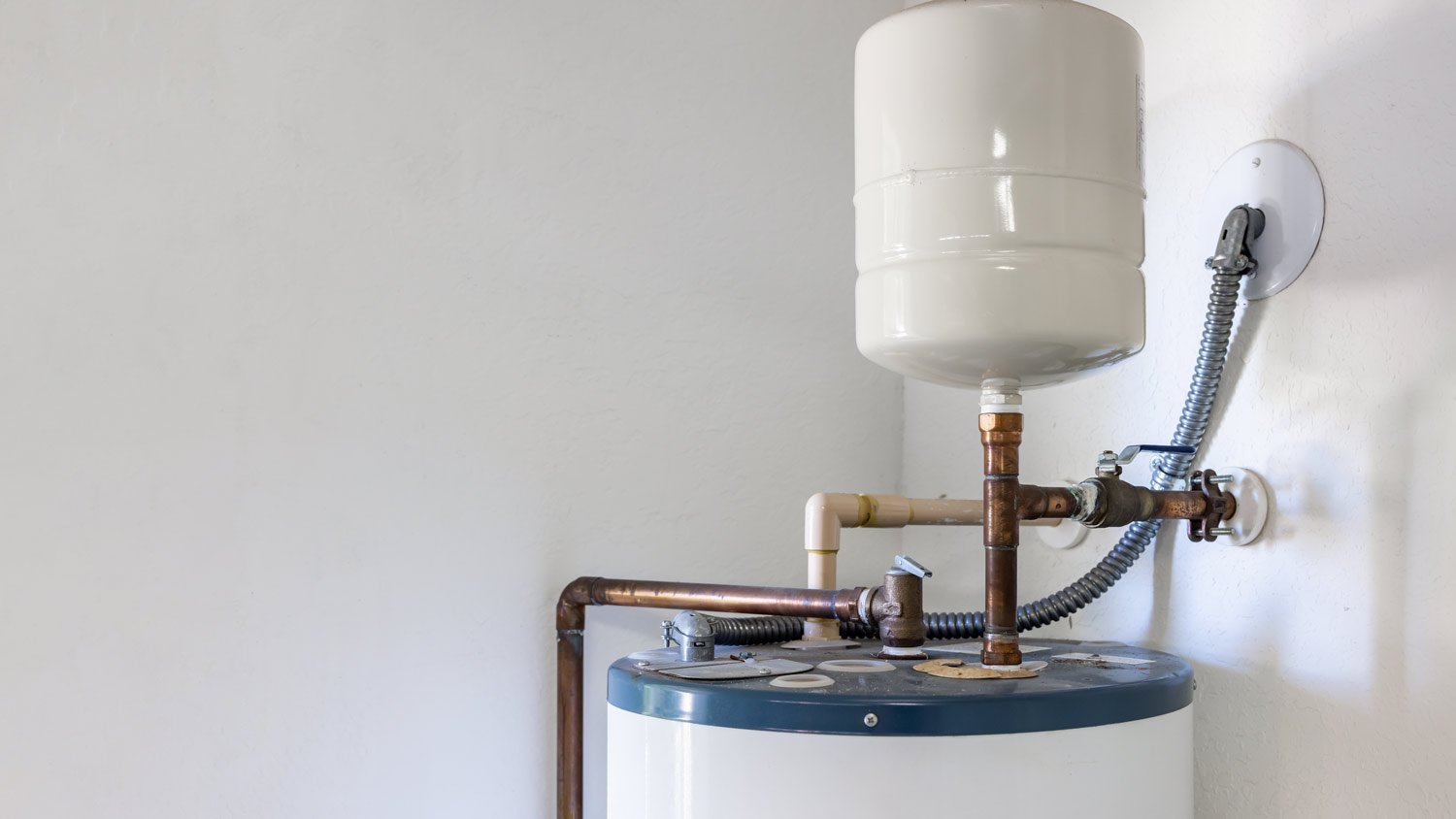
Water heater tank expansion installation diagrams can be helpful to have on hand whether you’re replacing an old unit or installing a new one.
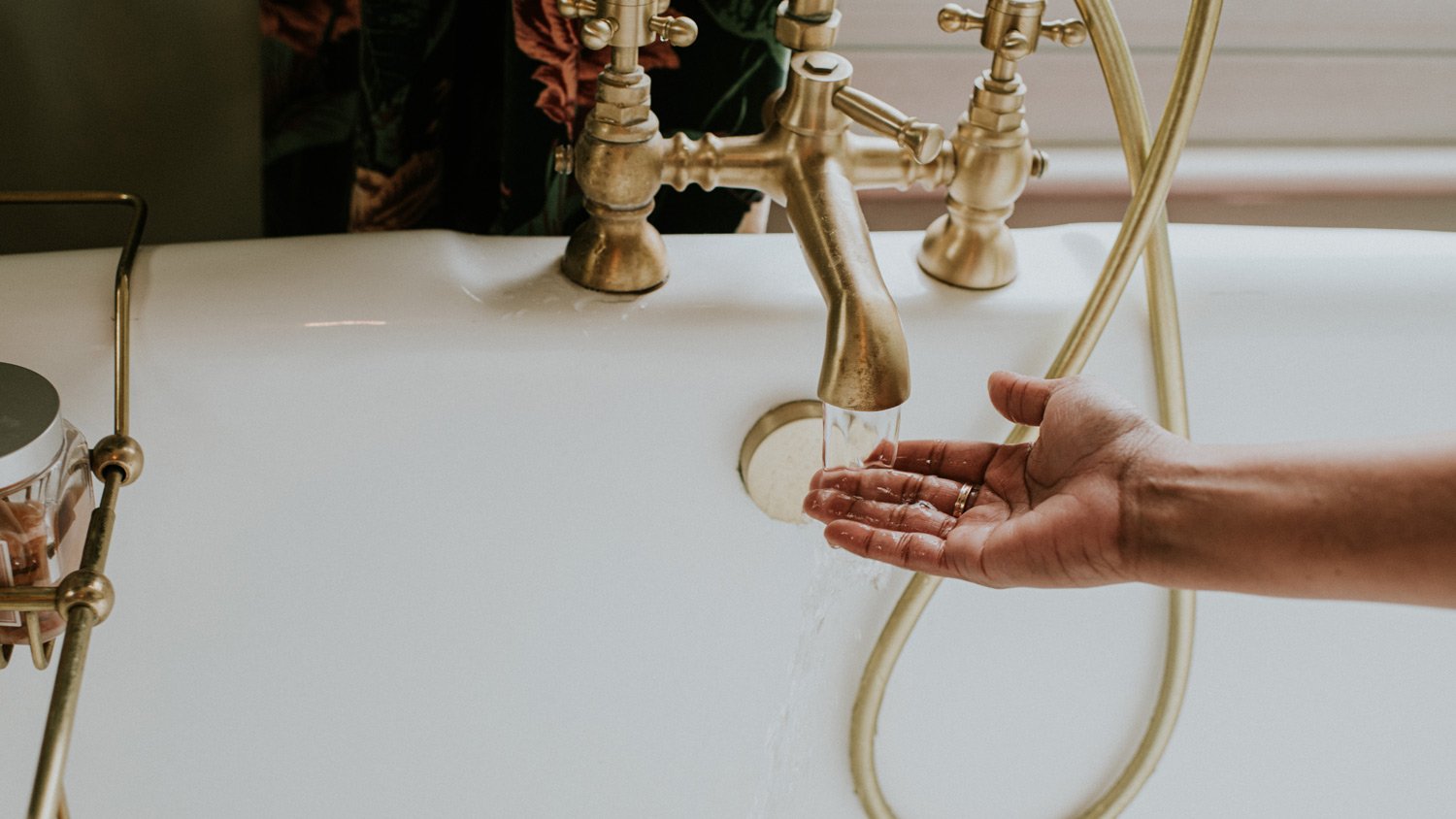
How long does an electric water heater last? We’re breaking down what you need to know about electric water heater longevity. Read on to learn more.